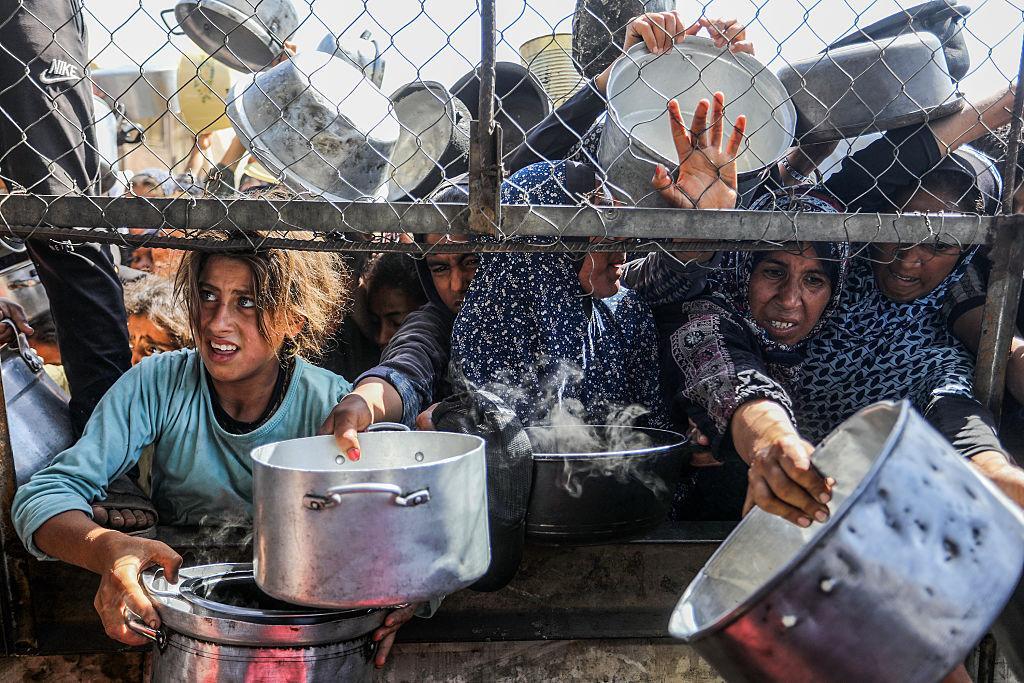
Eid in Gaza: Prayer Amid Ruins, Hunger, and Growing Humanitarian Crisis
As the world celebrated Eid al-Adha, a significant Islamic holiday marking the willingness of the Prophet Ibrahim to sacrifice his son Ismail as an act of obedience to Allah, Palestinians in Gaza were forced to gather for prayers in open spaces amidst the ruins of their destroyed homes and mosques. The devastating conflict between Israel and Palestinian militant groups has left the Strip in shambles, with over 54,000 lives lost, widespread displacement, and a growing humanitarian crisis that is threatening the very survival of the people.
On June 6, 2025, the day of Eid al-Adha, residents of Gaza gathered in makeshift spaces, often without proper roofs or walls, to perform their religious duties. The destruction of mosques has left many without a place to worship, forcing them to adapt to the new reality. Despite the challenges, the resilience of the Palestinian people shone through as they came together to celebrate their faith and humanity.
However, the Eid celebrations were marred by the harsh realities of life in Gaza. The ongoing conflict has led to severe food shortages, with the United Nations warning of impending famine affecting nearly 500,000 people. The UN Relief and Works Agency for Palestine Refugees (UNRWA) reported that over 70% of the population relies on international aid to survive, and the situation is only expected to worsen.
The humanitarian crisis in Gaza is nothing short of catastrophic. The Israeli-Palestinian conflict has been ongoing for decades, with multiple wars and sieges devastating the Strip. The latest conflict, which began in May 2025, has pushed the population to the brink of disaster. The UN has called for an immediate ceasefire, citing the dire situation and the need for urgent humanitarian aid.
The Israeli military’s blockade of Gaza has made it impossible for goods and supplies to enter the Strip, exacerbating the crisis. The World Food Programme (WFP) reported that only 50% of the population has access to enough food, and the situation is likely to deteriorate further in the coming months.
The Eid celebrations were also marked by the absence of many loved ones, who had lost their lives in the conflict. The toll of the war has been staggering, with over 54,000 lives lost, including many civilians, women, and children. The trauma and grief are palpable, and the people of Gaza are struggling to come to terms with the devastating loss.
Despite the challenges, the people of Gaza remain resilient and determined to rebuild their lives. The Eid celebrations were a testament to their faith and humanity, as they came together to pray, share meals, and show solidarity with each other.
Aid distribution remains a significant challenge in Gaza, with the conflict and blockade making it difficult for aid agencies to reach those in need. The UN has called for increased funding and access to aid, citing the urgent need for assistance.
In conclusion, the Eid celebrations in Gaza were a poignant reminder of the human cost of conflict and the need for a lasting solution to the Israeli-Palestinian crisis. As the world observes this sacred holiday, it is essential to remember the people of Gaza, who are struggling to survive amidst the ruins of their homes, mosques, and lives.
Source: https://thecsrjournal.in/eid-al-adha-in-gaza-faith-endures-amid-devastation-and-food-shortages/



